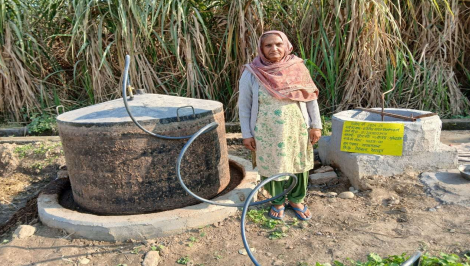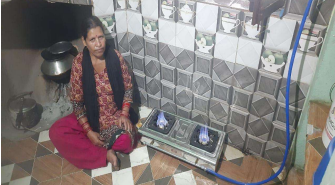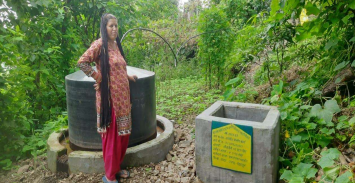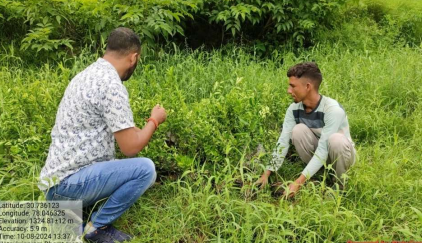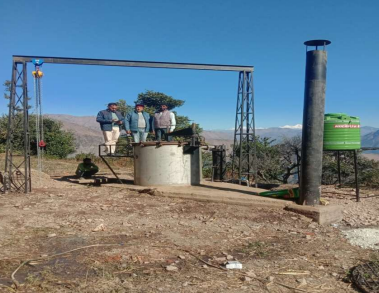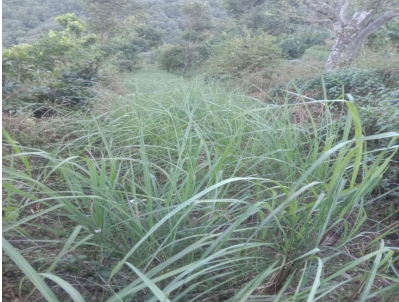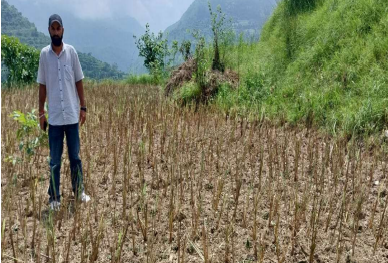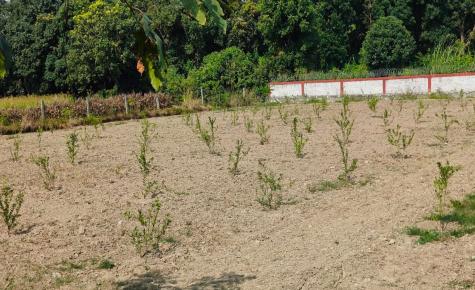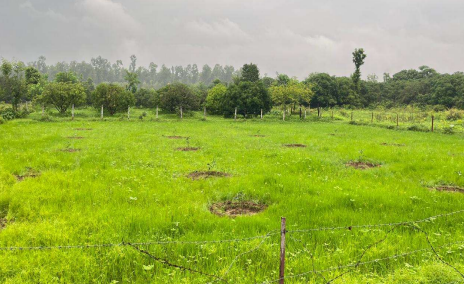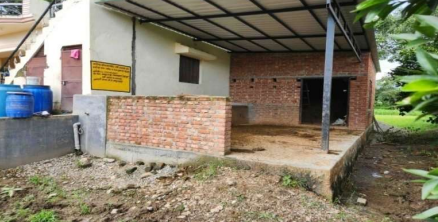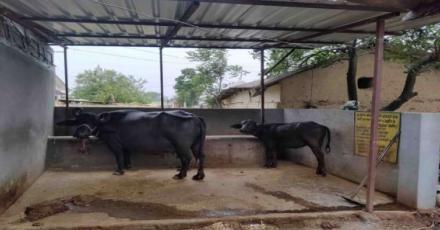Dehradun
Dehradun: Pioneering Sustainable Development
Dehradun district is at the forefront of implementing innovative and impactful rural development practices. Focusing on renewable energy, agricultural diversification, and livelihood generation, Dehradun is creating sustainable models for its communities.
Best Practices (Mahatma Gandhi National Rural Employment Guarantee Scheme – MGNREGS)
- Biogas Village Cluster: In FY 2024-25, Dharkot in Raipur block and Markham Grant in Doiwala block were selected to become biogas villages. Biogas plants have been constructed for 29 families (12 in Dharkot and 17 in Markham Grant), providing significant benefits. These families no longer need to purchase LPG cylinders, saving approximately ₹800 per family per month, totaling an annual saving of ₹278,400 for all 29 families. The plan is to fully saturate these villages and select new ones in FY 2025-26.
- Citrus Cluster: In FY 2024-25, 16,250 lemon saplings were planted across 26 hectares in four blocks (Raipur, Doiwala, Chakrata, Kalsi) through convergence with the Horticulture Department, benefiting 52 beneficiaries. This is expected to yield an estimated 1,950 quintals of produce in the next 3-5 years, generating an average annual income of ₹3.00 lakh per beneficiary, totaling ₹156.00 lakh.
- Lemongrass Cluster: From FY 2021-22 to 2024-25, lemongrass has been cultivated on 157.68 hectares through convergence with the Scented Plant Center (CAP), benefiting approximately 444 beneficiaries. In FY 2024-25 alone, 71 beneficiaries are cultivating lemongrass on 19.14 hectares. This cultivation yields 20-25 quintals per hectare, producing about 16 kg of oil. Each beneficiary earns approximately ₹18,400 per hectare at a rate of ₹1,150 per kg.
- Litchi Cluster: In FY 2024-25, litchi plantation was carried out on 4 hectares in Vikasnagar block through convergence with the Horticulture Department, benefiting 9 beneficiaries. This is expected to yield an estimated 320 quintals in the next 3-5 years, generating an income of ₹4.00 lakh per hectare for farmers, totaling ₹16.00 lakh.
- Dairy Cluster: In FY 2024-25, 84 cattle sheds were constructed in Dhaki Gram Panchayat (Sahaspur block) and Merawana Gram Panchayat (Chakrata block), benefiting 84 families, including 38 women members of self-help groups. Beneficiaries are selling milk in local markets, earning ₹20,000 per month per beneficiary.
Proposed Game Changer Schemes (FY 2025-26)
- Damask Rose Cluster: In the first phase, Damask rose cultivation is proposed on 2 hectares in Kalsi block through convergence with the Scented Plant Center (CAP). This is expected to produce 40-50 quintals of Damask rose per hectare, yielding 1.00-1.25 kg of oil (estimated income ₹3.00 lakh/kg) and 1200-1500 liters of rose water (estimated income ₹250-400/liter) per hectare.
- Mushroom Cluster: Mushroom sheds are proposed in Doiwala and Sahaspur blocks, with bamboo-based sheds for women’s self-help groups through MGNREGA. Oyster mushroom cultivation in these sheds is a profitable venture, with an estimated annual income of ₹4.5 lakh per shed.
- Trout Cluster: Trout farming is proposed in 8 units in Nada and Kulha Gram Panchayats of Chakrata block through convergence with the Fisheries Department. This is expected to produce 8 tons of trout, generating a monthly income of ₹16,000 to ₹50,000 per beneficiary.
- Apple Cluster: Apple saplings are proposed to be planted on 5 hectares in Chakrata block through convergence with the Horticulture Department, benefiting 15 families. This is expected to yield 50 quintals of apples per hectare (approximately 100 trees), generating a net profit of ₹1.00 lakh per hectare for farmers.
- Expansion of Biogas Village Cluster: Building on the success of 29 beneficiary families in FY 2024-25, the cluster is proposed to expand with 57 new biogas plants in FY 2025-26 (42 in Markham Grant, Doiwala block; 11 in Sabhawala, Vikasnagar block; and 4 in Dharkot, Raipur block). This expansion aims to provide clean energy, reduce reliance on traditional fuels, improve sanitation, empower rural women, and use biogas slurry as organic fertilizer.


